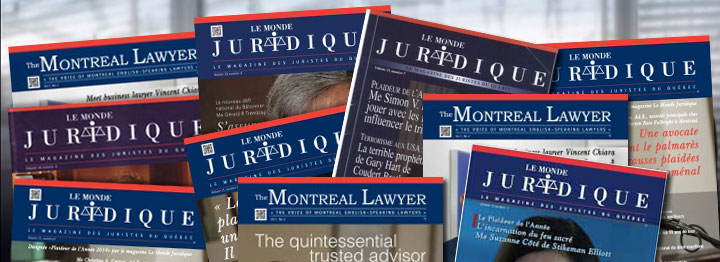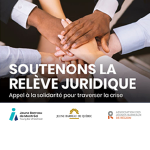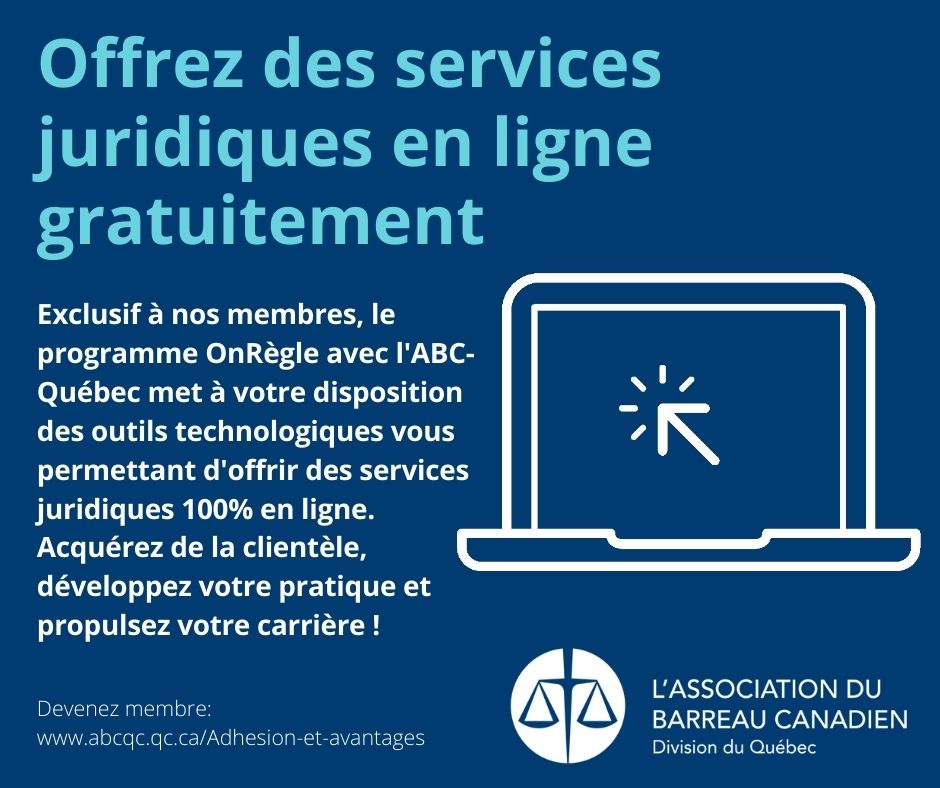A.G. SCHNEIDERMAN FILES SUIT AGAINST PRESIDENT TRUMP’S UNCONSTITUTIONAL IMMIGRATION EXECUTIVE ORDER
Attorney General Eric T. Schneiderman today filed a motion to join a federal lawsuit against President Donald Trump’s immigration Executive Order. As the complaint states, Attorney General Schneiderman “brings this action to protect the rights of New York residents; the economic welfare, health, and well-being of its citizenry; and the interests of New York’s employers, hospitals, and educational institutions.”
“Our proposed complaint describes how President Trump’s executive order is not only unconstitutional and fundamentally un-American, but also how it does profound harm to our families, our economy, and our educational and health care institutions,” said Attorney General Schneiderman. “President Trump’s intent to discriminate against Muslims is clear. We will continue to use every tool at our disposal to fight this discriminatory ban and protect all those caught in the crossfire of its chaotic implementation.”
The motion was filed in the U.S. District Court in the Eastern District of New York.
The Proposed Complaint’s central allegations include the following:
Intent to Discriminate Against Muslims
The First Amendment’s Establishment Clause forbids the government from favoring or disfavoring particular religions.
As Attorney General Schneiderman’s proposed complaint describes, President Trump has made many statements demonstrating his intent to discriminate against Muslims on the basis of their religion, including by banning the entry of Muslims into the United States. The proposed complaint also describes comments from President Trump and his surrogates after signing the Executive Order, which made clear the restrictions were targeted to Muslims, including Rudolph Giuliani’s January 28th statement:
“I’ll tell you the whole history of it. So when [President Trump] first announced it, he said ‘Muslim ban.’ He called me up. He said, ‘Put a commission together. Show me the right way to do it legally.’ . . . . And what we did was, we focused on, instead of religion, danger — the areas of the world that create danger for us.”
Conflicting and Changing Interpretation and Implementation
The proposed complaint goes on to describe the conflicting and changing interpretations and implementation of President Trump’s executive order by the federal government, including as it relates to lawful permanent residents and dual nationals. The “sweeping breadth and lack of clarity” of the order has resulted in inconsistent implementation by immigration authorities — and has jeopardized the health and safety of the families caught up by these uncertainties.
Profound Harm to New York
New York is home to over 4.4 million foreign-born residents (22.5 percent of the state’s population), including 15,000 people born in one of the seven affected countries. The Attorney General’s proposed complaint alleges that the Executive Order has “significantly harmed the overall health and well-being of New York and its people, as well as its business interests and economy.”
As the proposed complaint describes, the travel ban adversely affects various business sectors, institutions and individuals in New York State.
· The Executive Order hampers work in the fields of technology, computers, and engineering. For example, the proposed complaint highlights the story of an Iranian who is a vice president for an engineering firm, a teacher at Columbia University, and a lawful permanent resident in the U.S. — but who has been forced to cancel professional travel because he fears that the travel ban will prevent him from re-entering the United States.
· The Executive Order hurts New York’s educational institutions and prevents New York students from continuing their studies. The proposed complaint notes that the travel ban stifles the open exchange of knowledge, ideas, and scholarship between New York educational institutions and affected countries, and cites the extraordinary number of international students enrolled in the state’s many universities. Students from the seven affected countries are estimated to contribute $30.4 million a year to New York State’s economy. The complaint highlights the stories of a number of students whose studies have been interrupted by the travel ban.
· The Executive Order hinders the provision of health care in New York State. New York relies on physicians from around the globe to provide health care and to train the next generation of medical professionals, including at New York’s critical “safety-net” hospitals, which serve high-needs communities. Dozens of resident physicians in New York City alone are affected by the Executive Order. For example, a second-year resident at Interfaith Medical Center in Brooklyn was recently denied entry back into the U.S. when he attempted to leave Sudan after a family visit.
· The Executive Order impedes life-saving medical research in New York State. Individuals from the countries designated in the order are currently engaged in critical medical research in New York, which is being undermined by the ban. The proposed complaint highlights the stories of various Ph.D students, such as an Iranian-Canadian dual citizen studying at Cornell University Medical Center and currently conducting cutting-edge leukemia research at Memorial Sloan Kettering Cancer Center.
· The Executive Order will negatively affect New York’s financial sector. New York is the global hub of the finance industry. The complaint describes public statements made by the CEOs of major financial institutions— including Jamie Dimon of J.P. Morgan Chase, Lloyd Blankfein of Goldman Sachs, and Michael Corbat of Citigroup—on the potential impact of the order.
· Finally, the Executive Order directly harms families. The proposed complaint includes a number of stories of people in New York whose families have been hurt by the ban, including a 75-year-old woman from Libya who has Parkinson’s Disease and was detained at JFK Airport after returning from a visit to her dying sister in Libya; and an Iranian Ph.D student at Columbia Business School, who must now choose between completing his degree and being with his wife who was visiting her parents in Iran when the Executive Order was signed and is now unable to return.
The proposed complaint requests that the Court declare that the Executive Order as a whole, and each of its specific provisions, violates federal law and is otherwise unconstitutional; and prevent President Trump and his administration from implementing or enforcing the order, and from detaining, barring, or removing any individual from the U.S. pursuant to the order.
The lawsuit was originally filed by the American Civil Liberties Union Foundation, the Jerome N. Frank Legal Services Organization at Yale University, the Urban Justice Center, and the National Immigration Law Center.
This matter is being handled by Deputy Solicitor General Anisha Dasgupta, Senior Assistant Solicitor General Andrew W. Amend, Special Counsel Jessica Attie, Assistant Attorneys General Justin Deabler, Sania Khan, and Anjana Samant of the Attorney General’s Civil Rights Bureau, and Assistant Attorneys General Mark Ladov and Adam Pollock, under the direction of Civil Rights Bureau Chief Lourdes Rosado. The Civil Rights Bureau is part of the Social Justice Division, which is led by Executive Deputy Attorney General for Social Justice Alvin Bragg.












